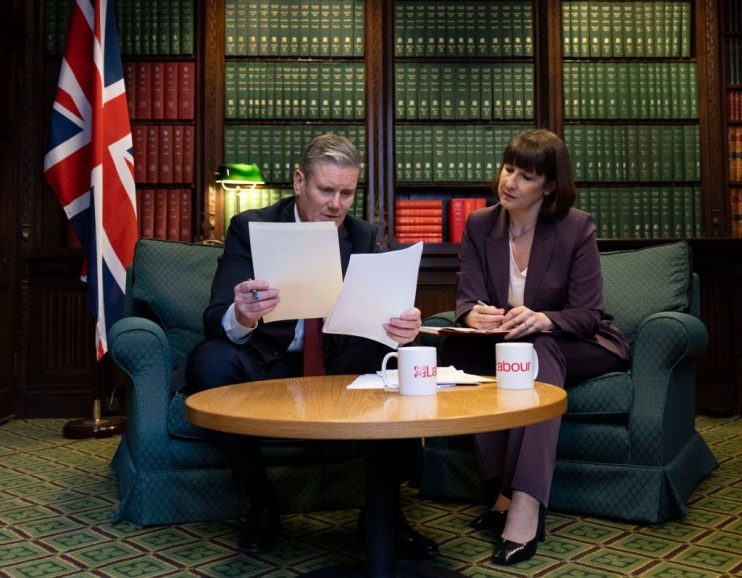Labour worked hard to woo business, but now comes the real test

The Tory party manifesto, undeliverable and shaky though it was on the numbers, did have something going for it. The gradual abolition of national insurance to be replaced with a single income tax; more housebuilding; cutting the time it takes to get spades in the ground on major infrastructure projects. If you take it at face value and (perhaps more challenging) believe this current iteration of the oldest political party in the world is capable of delivering it, there wasn’t necessarily much to quibble with on the economic front.
It is Labour’s test today, and it is fair to say that the stakes are higher. The party has spent five years wooing the business community and has done a professional job of it. Keir Starmer and Rachel Reeves both admit privately that Labour has to work harder than the Tories to prove it has business’ interests at heart. Certainly, the rhetoric of wealth creation we will hear is welcome. Starmer is, we believe, genuinely aware that public spending – fixing things – requires growth. There is, however, one constantly repeated rumour that is setting off all sorts of alarm bells.
It is true that our tax system is broken. Property taxes are way out of date, business rates are designed for a pre-online world, a code that should be a 1000 pages at most runs to more than 20,000. Capital gains tax is not perfect, either. But to hike it – and one has to assume that a failure to rule that out when compared with the spending plans and state of the finances – would be a tax on entrepreneurship, a tax on risk, at the worst possible time.
The City will need to hear Rachel Reeves spell out her plans for CGT over the coming weeks. If she doesn’t, it is fair to say investors will assume the worst.